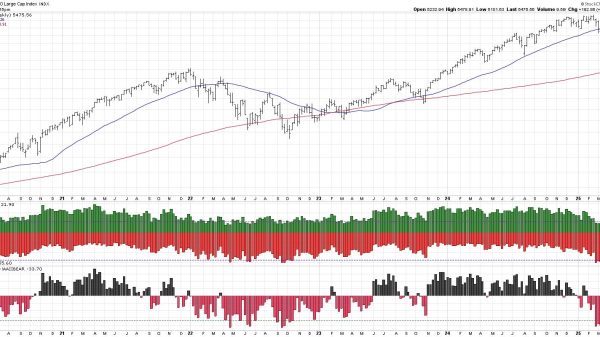On February 10, Cato filed an amicus brief in the Fifth Circuit supporting a challenge to Texas’s “Right to Examine” statute, which grants the state attorney general authority to demand immediate access to any corporate records without a warrant or prior judicial review. The brief argues that the statute is facially unconstitutional under the Fourth Amendment based on the Supreme Court’s decision in City of Los Angeles v. Patel (2015), which struck down a law requiring hotel owners to share information about guests upon demand.
The Fourth Amendment was designed specifically to prevent the type of unchecked executive power authorized by the Right to Examine statute. In Patel, the Supreme Court held that laws penalizing regulated parties for declining to turn over records without offering any opportunity for “precompliance review” by a neutral decisionmaker violate the Fourth Amendment. The Right to Examine statute fails this test, as it requires corporations to “immediately permit” inspection of records under threat of criminal penalties and loss of the right to do business in Texas.
Texas argues that the statute’s century-old existence protects it from constitutional scrutiny. However, when Texas enacted the Right to Examine statute in 1907, the Fourth Amendment hadn’t yet been incorporated against the states. The state also incorrectly claims “visitorial powers” over corporations exempt it from Fourth Amendment constraints.
The Texas attorney general’s broad interpretation of the statute is particularly troubling given the facts of this case. The AG demanded documents related to out-of-state manufacturing and diversity practices from Spirit Aerosystems—a Delaware corporation headquartered in Kansas with no relevant Texas operations—in areas where the AG lacks clear investigative authority.
The statute also creates a chilling effect on businesses. Without proper judicial safeguards, corporations face the risk of politically motivated investigations and harassment. This uncertainty discourages business growth and threatens Texas’s economic competitiveness at a time when the state already faces increasing regulatory pressure.
For these reasons, we urge the Fifth Circuit to affirm the district court’s ruling that Texas’s Right to Examine statute violates the Fourth Amendment.















